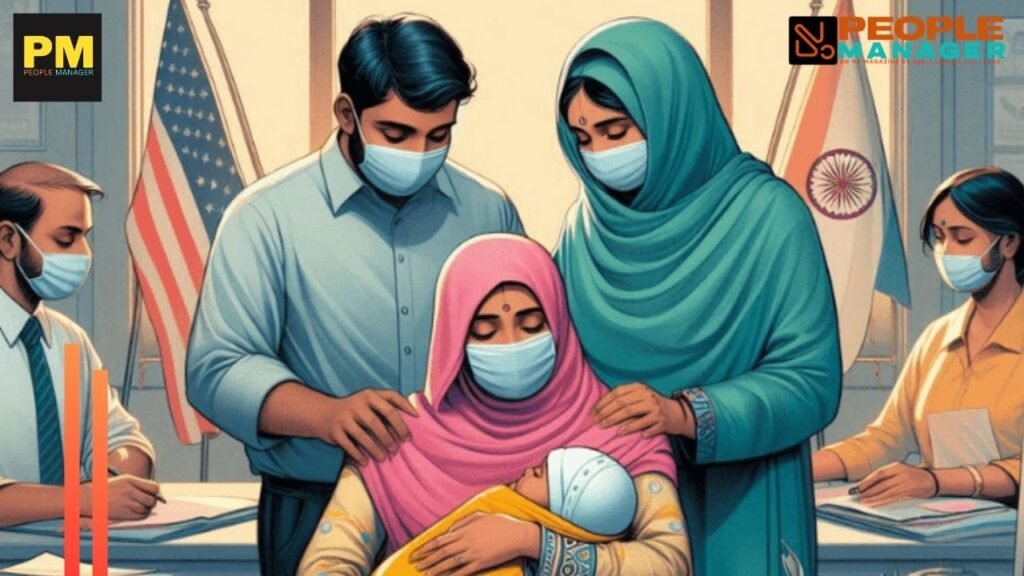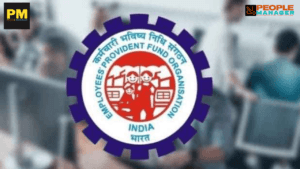Government extends leave benefits to surrogate mothers and adoptive parents employed by them
In a move to support modern families, the central government of India has revamped its leave policies for its employee.

The central government of India recently changed its leave policy in order to better support its employees who are starting families through surrogacy or adoption. This update extends child care leave benefits to both surrogate mothers and adoptive parents who work for the government.
The new policy, detailed in a notification issued on June 18th, provides significant leave for women who act as surrogate mothers. These mothers will now be eligible for 180 days of maternity leave. Furthermore, female government employees who use a surrogate (and have fewer than two living children) will be eligible for 180 days of maternity leave.
The update also acknowledges the role of fathers. Male government employees who use a surrogate (and have fewer than two living children) can now take 15 days of paternity leave within six months of the child’s birth.
This policy change demonstrates the government’s efforts to adapt to the changing landscape of family structures. By extending leave benefits to those involved in surrogacy and adoption, the government hopes to provide its employees with the necessary support during this significant life event.
Find a detailed analysis of the central government initiative
Supporting Modern Families: India’s Progressive Leave Policies for Surrogate Mothers and Adoptive Parents
The New Policy: A Closer Look
The revised policy, detailed in a notification issued on June 18th, introduces several key changes:
Surrogate Mothers’ Maternity Leave:
- Women acting as surrogate mothers will now be entitled to an extended maternity leave of 180 days. This recognizes the physical and emotional demands of surrogacy and ensures that surrogate mothers have adequate time to recover and bond with the child.
- Female government employees who commission a surrogate (and have less than two living children) will also benefit from the same 180 days of maternity leave. This provision acknowledges the unique circumstances faced by commissioning parents.
Paternity Leave for Fathers:
- The policy also acknowledges the role of fathers. Male government employees who commission a surrogate (and have less than two living children) can now avail themselves of 15 days of paternity leave within six months of the child’s birth. This step promotes gender equality and recognizes the importance of paternal involvement during the early stages of parenting.
Why These Changes Matter
The central government’s decision to extend leave benefits to surrogate mothers and adoptive parents reflects its commitment to adapt to the evolving landscape of family structures. Here’s why these changes matter:
Inclusivity and Equality:
- By recognizing the needs of surrogate mothers and adoptive parents, the government ensures that all types of families receive equal support. This inclusivity promotes a more compassionate and understanding work environment.
Health and Well-Being:
- Surrogacy involves physical and emotional challenges. The extended maternity leave allows surrogate mothers to recover fully and provide essential care to the newborn.
- Paternity leave encourages fathers to actively participate in parenting responsibilities, fostering stronger family bonds.
Social Progress:
- These policy changes align with global trends toward recognizing diverse family structures. As society evolves, so should our policies to accommodate different paths to parenthood.
Challenges and Future Steps
While these changes are commendable, there are challenges ahead:
- Awareness: Ensuring that all eligible employees are aware of these provisions is crucial.
- Implementation: Proper implementation and monitoring are essential to guarantee that employees receive their entitled leave.
- Advocacy: Advocacy groups and awareness campaigns can further promote understanding and acceptance of surrogacy and adoption.
In conclusion, the central government’s proactive stance in supporting modern families through progressive leave policies sets a positive precedent. By extending leave benefits to those involved in surrogacy and adoption, the government demonstrates its commitment to the well-being of its employees during this significant life event.
Stay tuned, to PropleManager.co.in for further updates on the evolving workplace paradigm.
- EPFO wants employers to embrace digital signature - October 21, 2024
- New Labour Codes Set to Implement, 25 states frame rules, West Bengal “agrees’ to follow suit - October 16, 2024
- Wipro to offer extra 30 days remote work facility: Read HR head’s email to employees - October 15, 2024









